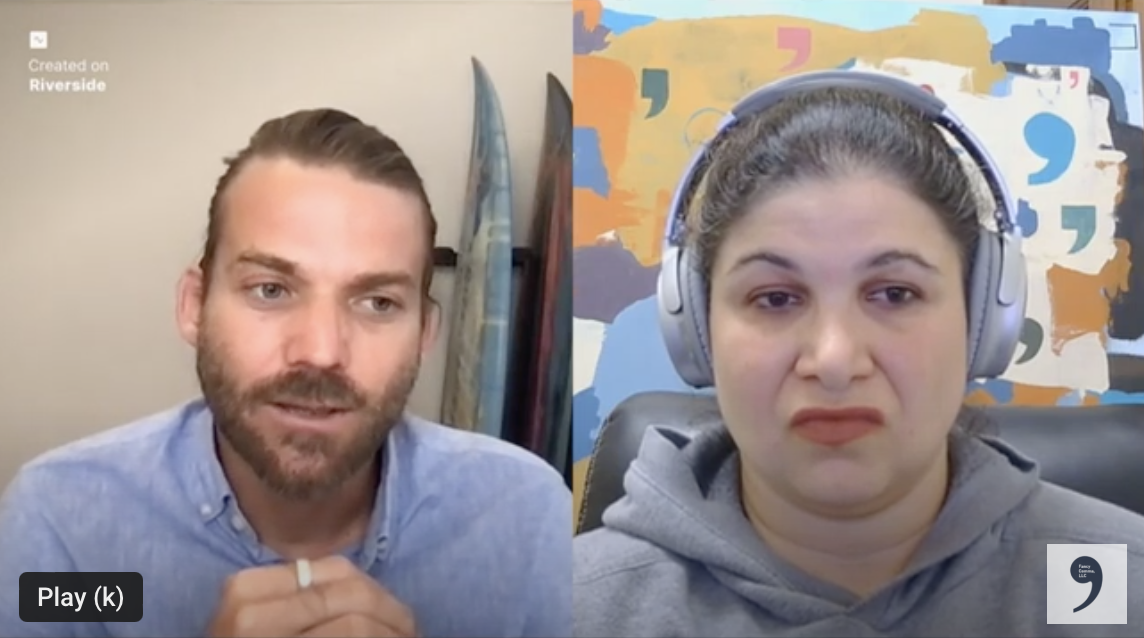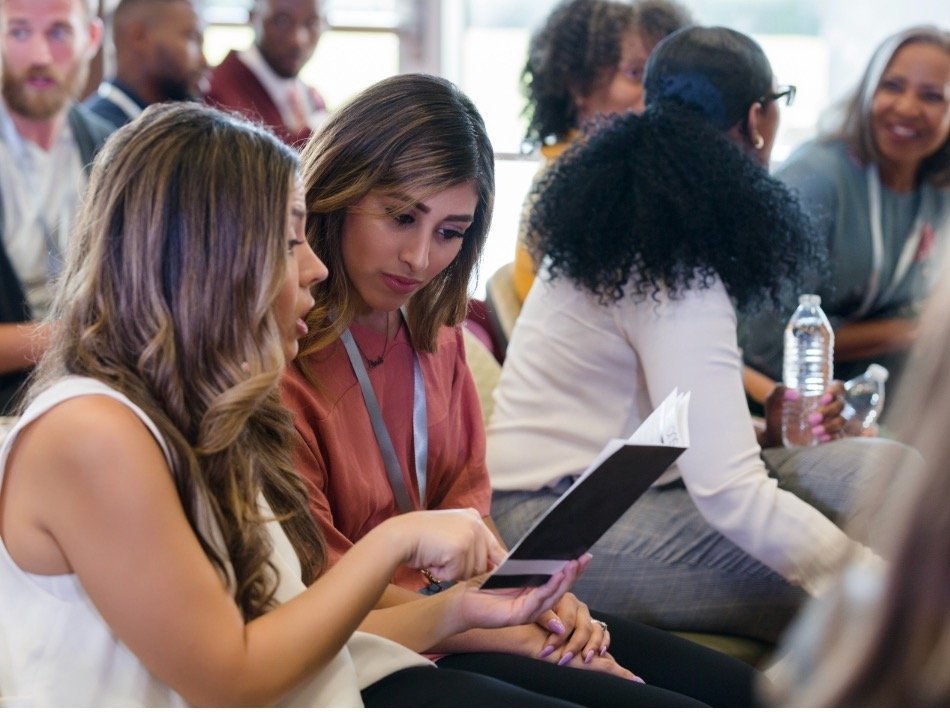Insights
Our blog posts cover science communication, artificial intelligence, consulting, and more. We share practical tips for researchers, science communicators, and consultants.

How to make science communication training stick: Amplifying Research podcast interview
Brendon Bosworth shares practical insights for research institutions looking to implement communication training that creates lasting change.

Why your organisation needs a generative AI policy
AI has put a wealth of information at our fingertips and provided never-before-seen levels of assistance in writing and creative processes, but it’s also opened a Pandora's Box of ethical dilemmas and confusion.

Going back to university in your 40s: Why it’s never too late to learn (again)
Brendon Bosworth explores the benefits of studying again after 40— where the real learning takes place beyond the textbooks.

Why you should get on a podcast
My number one piece of advice for researchers, entrepreneurs, and anyone who wants to communicate for impact in 2025: get on a podcast.

How to quickly find and add people you follow on X to Bluesky
A nifty extension for Google Chrome helps you quickly find people you follow on X and follow them on Bluesky.

Trust in science is up, but science communication needs work
A majority of Americans say they have confidence in scientists to act in the public’s best interests, according to the latest research from the Pew Research Center. However, science communication remains a weak point. In this blog, we share tips for how researchers can improve their science communication.

A crash course in infectious diseases and epidemic response
Brendon Bosworth worked with scientists from the IDRC's Collaborative One Health Research Initiative on Epidemics (COHRIE).

How to deal with rejection as a consultant
Six tips for dealing with rejection as a consultant, freelancer, or small business owner.

Talking science communication on the Let’s Talk SciComm podcast
Brendon Bosworth speaks with the Let’s Talk SciComm team about his journey from journalism to science communication, starting a business in the pandemic, AI and more.

Deepfakes and elections: time for a zero-trust mindset
With advances in artificial intelligence tools creating new avenues for deception -- from deepfake videos to voice clones of politicians speaking words they didn’t say -- voters must remain vigilant about what they see and hear online.

Facilitated writing sessions help you get your writing done
If you want to get your writing done, you’ve got to block off time and write. There is no way around it!

Five tips for dealing with writer’s block
Stalling on something you need to write? Follow these five tips to get your writing done.

Need help using AI in the university classroom? Start here
The AI Pedagogy Project from metaLAB (at) Harvard & FU Berlin and Berkman Klein Center for Internet & Society at Harvard University is a great resource for university educators wanting to incorporate AI in the classroom.

Talking science communication with Sheeva Azma from Fancy Comma
Brendon Bosworth speaks with Sheeva Azma from Fancy Comma about science communication and his experiences building a business as a communications specialist and science communication trainer.

There’s something different about ChatGPT with voice
A psychological threshold is crossed when moving from text-based chat to verbal interactions.

Why small business owners should do the conference thing
Conferences provide opportunities for deeper connections, face-to-face connection, and co-creation.

Educators need to plan for an AI future
With the rise of artificial intelligence, teachers, lecturers, and learning design instructors need to upskill, learning about the potential and pitfalls of AI for education. The time to do that is now.

How AI tools like ChatGPT work - in plain language
It’s easy to use AI tools like ChatGPT without much understanding of how the technology that powers them works. A recent article from the FT breaks it down in plain language.

Learning about AI (for free) with the University of Johannesburg
The University of Johannesburg’s free online course Artificial Intelligence in the 4IR provides a well-rounded intro to the basics of AI.

Climate adaptation: Young people are the future
New online toolkit equips young people to take the lead on climate adaptation.
